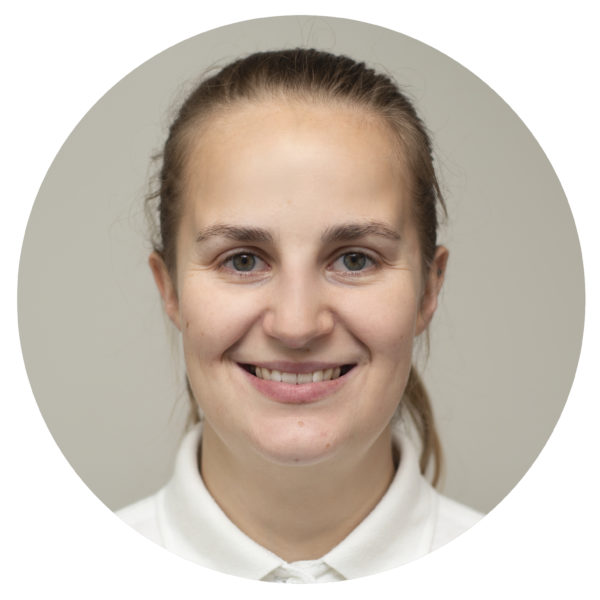
Vestibular Dysfunction (Vertigo, Dizziness and Balance Problems)
Vertigo, dizziness and imbalance are common presenting symptoms at the Physiocare clinic. Medical diagnoses (if made) often include Viral Labyrinthitis and Menieres Disease.
The use of vestibular depressant drug therapy is widespread. It is however important to recognise other balance problems that may benefit from specialist physiotherapeutic intervention and be aware that drug therapy may actually inhibit recovery of normal vestibular function.
Benign Paroxysmal Positional Vertigo (BPPV)
Benign Paroxysmal Positional Vertigo (BPPV) is a peripheral (inner ear) disorder which is characterised by short intense bursts of vertigo that are related to certain positions. Patients will often experience symptoms when they lie down, turn over in bed, rise from bed, lean forward or look up. It has been suggested that BPPV may be caused by otoconia (calcium particles) that are shed from the utricular macula migrating to the posterior semi-circular canal which responds to rotational motion.
This may occur for several reasons eg. Whiplash injury, falls, head injury or even high impact exercises. It is recognised to occur as a consequence of viral labyrinthitis or following prolonged periods of inactivity such as confinement to bed. The presence of the otoconia alters the dynamic response of the posterior semi-circular canal to head movement, causing vertigo. BPPV can have a very intermittent pattern with full resolution of symptoms for many months. For some, no treatment is required whilst others have more persistent symptoms that require treatment.
BPPV is generally treated by a physical manoeuvre called the Epley. The Epley technique is designed to reposition the particles into a less sensitive area of the inner ear and correct the dizziness. Usually only one or two treatments are necessary to restore normal balance.
Vestibular Rehabilitation Therapy (VRT)
Vestibular Rehabilitation Therapy (VRT) may be more appropriate for other chronic stable vestibular disorders causing dizziness or balance problems. Vestibular problems affect the VOR (Vestibulo-occular reflex) which controls eye movement and gaze stabilisation during head movement. They can also affect the VSR (Vestibulospinal reflex) which influences postural stability. Patients can have problems with one or both of these areas.
VRT such as that initially developed by Cawthorne and Cooksey focuses on the plasticity of the CNS. It does not repair the damaged inner ear, but rather enables the CNS to adapt and habituate to input stimuli through an appropriate customized regular exercise programme.
tải kinemaster crack tải kinemaster crack
Book your appointment today – call 0118 934 4055 CONTACT US











